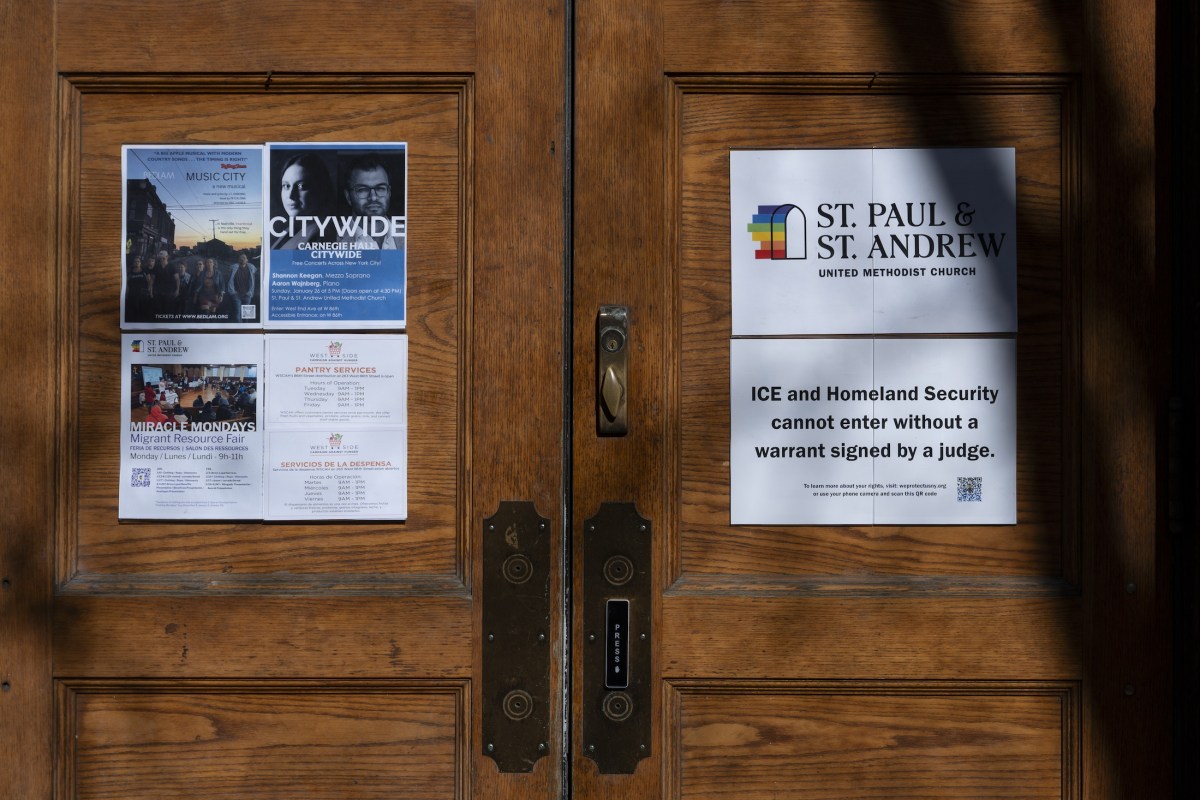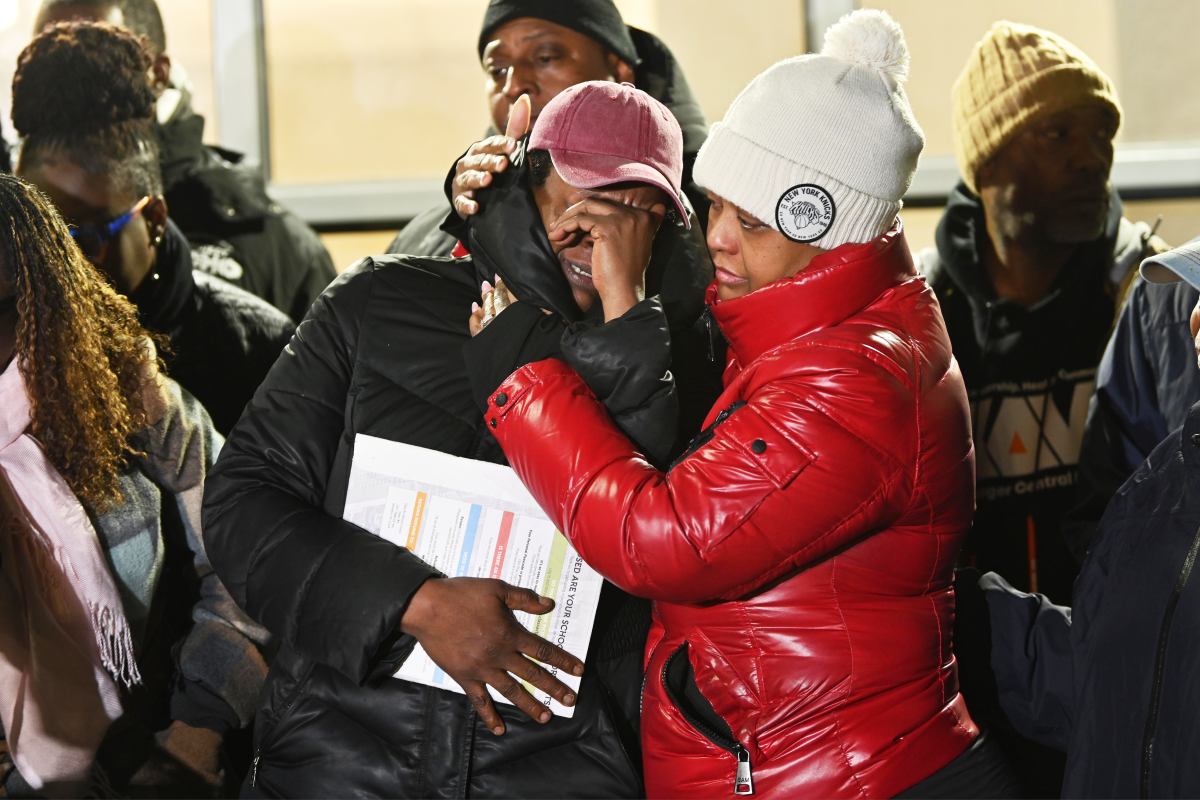I’m one of those dinosaurs who still has a landline, although few real people call it since my mother died. I like it for phone interviews. I put on a headset, have my hands free and get great reception.
But I despise the robocalls that have increased exponentially. My phone is set to ring only twice, and as soon as the robot gets my answering machine, the bot usually hangs up. Still, the interruption is annoying because I work at home.
Lately, though, the bots are not hanging up. They leave stupid messages. I got a call recently about my Con Edison account. Except I don’t have one. My Con Ed bill is (happily) included in my rent. Does every New Yorker get this call?
Another spam bot offered me a back brace. Does everyone older than 65 get this call? Or did “they” somehow find out I saw a chiropractor this year? No, I don’t need a back brace.
Several times, I was warned my Microsoft was going to crash. They made it sound dire unless I called a number to get it fixed. People naive enough to respond will likely get their computer infected with a virus that the scammer inserts and then removes for a fee. My neighbor fell for a similar call. The caller wanted $300 and the neighbor’s credit card number (which he knew better than to give).
I went to the National Do Not Call Registry website to check whether my landline number was still enrolled. Yes, it was registered in September 2003, but I still get calls today. And the ones I got recently, with messages, were not in the exempt categories of charities, political organizations or surveys. They were sales calls.
The Federal Trade Commission has recorded a significant increase in these calls since 2009. The “solution” is to report every illegal call, even though on its website the FTC admits that the number I’m reporting probably isn’t real. Therefore, the agency can do little about it. So why bother adding my gripe to the 400,000 complaints the FTC gets monthly?
Congress is debating how to stop the 26 billion robocalls placed to U.S. mobile phones last year. That’s good, but no one seems to care about landlines — and 45 percent of American households still have them.
I’d like to think a country with advanced tech could figure out a way to outwit the scammers and spammers on both landlines and mobile phones. My only consolation: I did not get the IRS scam call this year.
Kate Walter is the author of “Looking for a Kiss: A Chronicle of Downtown Heartbreak and Healing.”





























